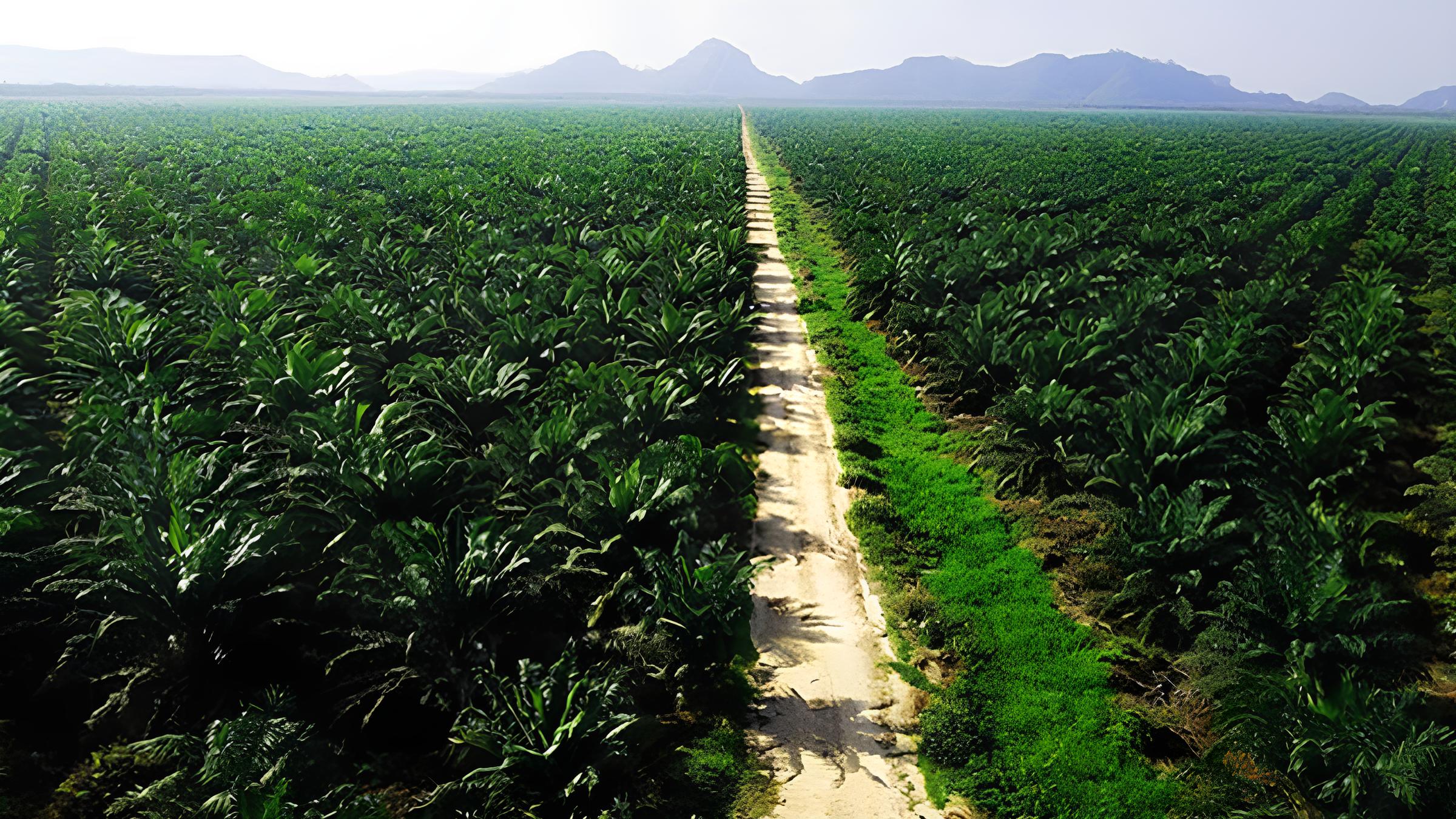Government makes Budget Efficiencies, Palm Oil Farmers Hit
The Ministry of Finance of the Republic of Indonesia has made a policy that has shocked palm oil farmers. Through Minister of Finance Decree Number 43/KM-7/2024, the distribution of Revenue Sharing Funds (DBH) for several commodities was temporarily suspended. One of them is oil palm DBH.
This decision received the attention of many parties. Secretary General of the Association of Palm Oil Farmers of People's Nucleus Companies (Aspek-PIR) Syarifuddin Sirait assessed that the policy proves that the government's concern for oil palm farmers is still low.
According to him, one of the sources of oil palm DBH is oil palm plantations owned by farmers so that the allocation should be returned to oil palm farmers' plantations.
“Until now, the palm oil DBH has actually not had a significant direct impact on farmers. This decision further proves the lack of government attention to the oil palm plantation sector,” he told elaeis.co, Monday (17/2).
“Since the beginning, the allocation of DBH Sawit has been questionable. Instead of being earmarked directly for oil palm farmers, most of the funds are instead enjoyed by other sectors, such as fishermen and tourism. This raises concerns because there is no transparency and conformity between the funds distributed and their original purpose,” he added.
He said that currently oil palm plantations owned by smallholders are in a state of stagnation, and their production is even threatened to decline. Policies issued by the government are also increasingly making farmers feel squeezed.
For example, the People's Palm Oil Rejuvenation (PSR) program is also considered ineffective in addition to the disproportionate budget allocation compared to other programs. In fact, some of the funds had to be diverted to other commodities, such as upland rice.
Not only that, according to him, structural changes in the Palm Oil Plantation Fund Management Agency (BPDPKS) which has now changed to BPDP are also increasingly confusing because it is more focused on managing other commodities such as cocoa and coconut.
“The impact of the budget efficiency policy launched by the government also hit palm oil farmers, where many association activities were forced to stop. In fact, palm oil funds are not money from the state budget, but funds that come from the results of the oil palm plantation itself,” he said.
According to him, palm oil farmers are currently at a crossroads, having to face the bitter reality that their future is increasingly uncertain.
“Oil palm farmers increasingly feel that they are only 'the Suar Sair' in the vortex of policies that are not in their favor,” he said.
Furthermore, he said, the decision to stop the distribution of DBH Sawit is a sign that the palm oil plantation sector must immediately get more serious attention, with policies that really favor the sustainability of farmers' businesses, not just imagery or allocations that are not on target.
“If the reason is due to the fault of the regional or provincial government for not reporting, it is not the farmers' fault. Or the central government could have used the DBH to subsidize palm oil prices. Or even more targeted, it can be handed back to farmers to buy fertilizer,” he concluded.
Source : https://www.elaeis.co/berita/baca/pemerintah-lakukan-efisiensi-anggaran-petani-sawit-terpukul


